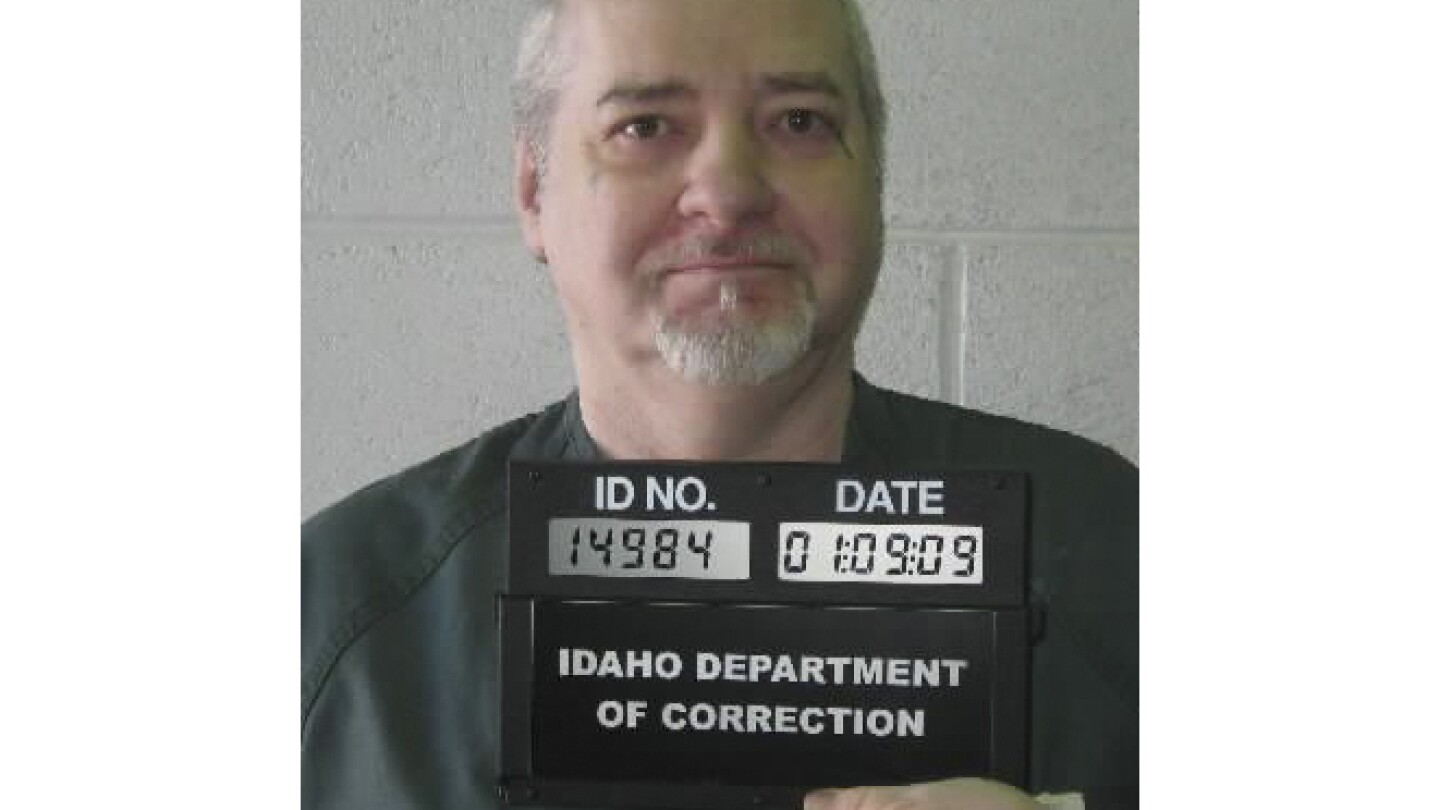- cross-posted to:
- [email protected]
- cross-posted to:
- [email protected]
The hour of Thomas Eugene Creech’s death has been set, and it is rapidly approaching.
On Wednesday morning Idaho prison officials will ask the 73-year-old if he would like a mild sedative to help calm him before his execution at the Idaho Maximum Security Institution south of Boise. Then, at 10 a.m. local time, they will bring him into the execution chamber and strap him to a padded medical table.
Defense attorneys and the warden will check for any last-minute court orders that would halt the execution of Creech, who is one of the longest-serving death row inmates in the U.S.
Barring any legal stay, volunteers with medical training will insert a catheter into one of Creech’s veins. He’ll be given a chance to say his last words, and a spiritual advisor may pray with him. Then the state will inject a drug intended to kill the man who has been convicted of five murders in three states and is suspected in several more.



And this is why victims do not get be the arbiters of justice, nor should they.
This is why we have judges and juries. But enforcing a death penalty generally causes more trauma than it serves justice.
This is why over 70% of the world’s countries have abolished or de facto abolished capital punishment. It doesn’t work, it doesn’t serve justice, and it only continues the cycle of violence.
Just to give you an idea of how backwards the United States is on this issue:
Since 1990, at least 11 countries have executed offenders who were minors (under the age of 18 or 21) at the time the crime was committed, which is a breach of the Convention on the Rights of the Child, ratified by all countries but the United States. These are: China, the Democratic Republic of Congo, Iran, Nigeria, Pakistan, North Korea, Saudi Arabia, South Sudan, Sudan, the United States, and Yemen.[11][12][13] In the United States, this ended in 2005 with the Supreme Court case Roper v. Simmons, in Nigeria in 2015 by a law,[14] and in Saudi Arabia in 2020 by royal decree.
Edit: I can’t claim to understand how you feel about your experience and what happened to you, which is why I didn’t address it. I hope that you and your loved ones have access to therapy and the ability to live your lives in peace.
This is why victims are not on the juries of their perpetrators. If we allow feelings and emotions to get in the way of a fair unbiased justice system, it’s not the way we should do things.